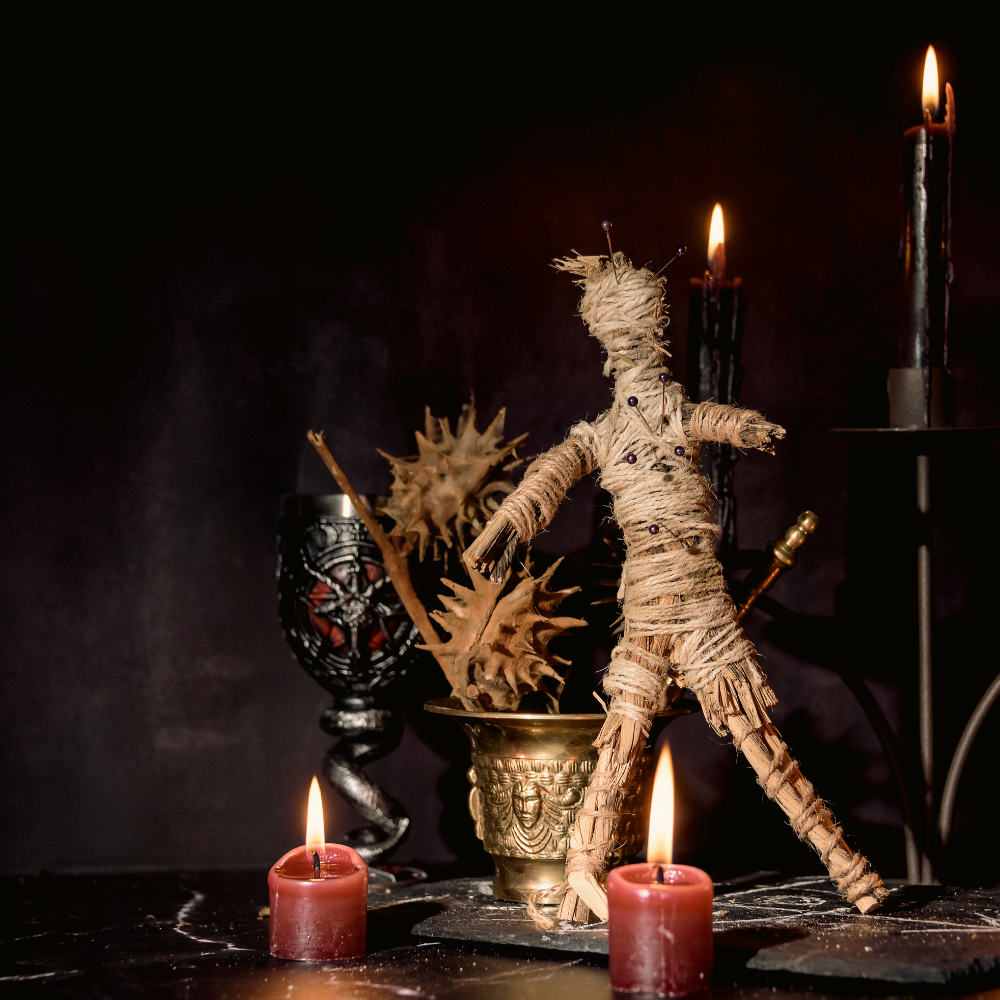Benin’s Voodoo festival: A vibrant celebration of culture, not curses
The air crackles with energy. Drums beat a rhythm that resonates deep in the soul, and vibrant colors dance before the eyes. This is not a scene from a horror film, but the heart of Benin’s annual Voodoo Festival, a celebration that seeks to dispel centuries of misunderstanding and showcase the rich cultural heritage of Vodun, often misconstrued as “voodoo” in popular culture.
For many in the West, the word “voodoo” conjures images of pin-filled dolls, dark magic, and malevolent curses. This distorted view, perpetuated by Hollywood and sensationalized media, has long overshadowed the true essence of Vodun, a complex and ancient religion deeply rooted in the traditions of Benin and other West African nations.
“Vodun is not about sticking pins in dolls,” explains Ahouefa Boko, a Vodun priestess adorned with intricate beads and cowrie shells. “It’s about connecting with the spiritual world, honoring our ancestors, and maintaining balance in our communities.”
The annual festival, held every January in the coastal city of Ouidah, serves as a powerful testament to this true essence. Thousands of devotees, along with curious onlookers from around the globe, gather to participate in a vibrant display of rituals, dances, and ceremonies.
The festival is a sensory feast. Masquerades, representing various spirits and deities, whirl through the crowds in elaborate costumes. The rhythmic chanting of priests and priestesses fills the air, accompanied by the hypnotic beat of drums and the clanging of bells. Offerings of food, drink, and animals are made to appease the spirits and ensure blessings for the community.
One of the most striking aspects of the festival is the emphasis on ancestral veneration. Vodun followers believe that the spirits of their ancestors play an active role in their lives, offering guidance and protection. Throughout the festival, elaborate rituals are performed to honor these ancestors and seek their blessings.
The festival also highlights the important role of Vodun in maintaining social harmony. Many of the ceremonies focus on themes of healing, purification, and conflict resolution. Vodun priests and priestesses act as intermediaries between the human and spiritual realms, helping to address social issues and restore balance within the community.
While the festival is undoubtedly a religious event, it is also a celebration of Beninese culture. Traditional music, dance, and art forms are showcased, providing a platform for cultural expression and intergenerational transmission of knowledge.
In recent years, the Beninese government has made efforts to promote the Voodoo Festival as a cultural tourism event, recognizing its potential to attract visitors and boost the local economy. However, officials are also keen to ensure that the festival is presented in a respectful and authentic manner, avoiding the sensationalism that has plagued Vodun’s image in the past.
“We want to show the world the true face of Vodun,” says tourism minister Babatunde Ola. “It’s a religion of peace, harmony, and respect for nature and our ancestors. It’s an integral part of our cultural heritage, and we’re proud to share it with the world.”
The festival is not without its challenges. Misconceptions and stereotypes about Vodun persist, both within Benin and abroad. Some religious groups within the country view Vodun with suspicion, while others worry that the increasing focus on tourism could lead to the commercialization and trivialization of sacred traditions.









